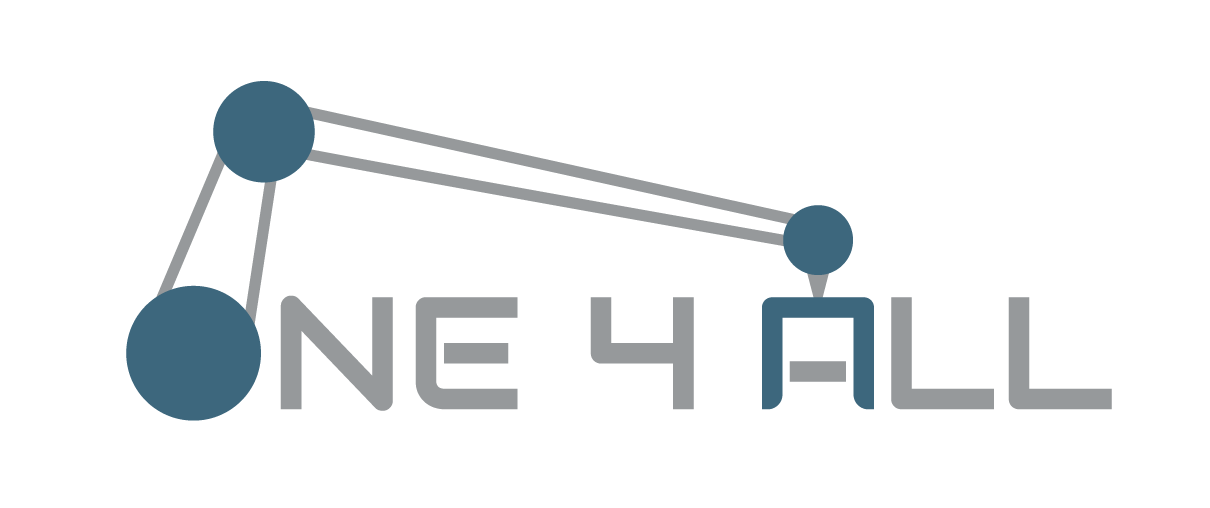To provide a human and sustainability approach, ensuring innovation uptake boosts the transformation towards I5.0.
In specific, this work package will:
- Identify workforce needs and training programme
- Take into consideration gender and ethics biases
- Perform a life cycle sustainability analysis and develop an assessment tool
- Optimisation and mapping of the resource consumption
- Integrate all the tools together in a module able to analyse the social and sustainability impacts, for further assessment and consideration in the DTs and DSS
Expected results:
- Adaptive training programme;
- Workforce digital maturity upskilling;
- Evaluation under a life cycle perspective of the environmental, economic and societal impact;
- Resource (energy and materials) consumption mapping;
- Optimisation strategy and tools;
- Digital maturity and sustainability assessment module;
- Development of the module’s interface and integration with the IOP.
WP2 – Data-driven Digital Twins (DTs)
The 2° work package will:
- Develop and validate a data-driven self-reconfigurable
- Develop and validate a distributed self-learning DSS
- Define how the product of the quality is measured and how it is related to the customer demands
- Deliver all the modules as “plug-and-play” services packages and determine their requirements, inputs, outputs and interrelation
- Adapt the DT and DSS to the physical components and the end-users for their further integration with the IOP and the demonstration activities in WP5
Expected results:
- List of requirements and KPIs for the digital twins and DSS, based on the needs of the two demonstrators;
- Implementation of a data-driven DTs module;
- Adapt the module to the end-users and integration with the DSS and in the IOP;
- Demonstration and tune-up;
- Development of a DSS, test and validate;
- Adapt to use-cases scenarios and integration with the IOP;
- Demonstration in a real environment and tune-up based on the results.
WP3 – Intelligent orchestration platform (IOP)
WP3 intends to develop, validate and deliver an intelligent orchestration platform with a plug-and-play feature, ready for its deployment in WP5.
The roadmap of the objectives to achieve this result is:
- Deepen in the SoA and open-source technologies available
- Define and implement a secure and open-source infrastructure for the interconnectivity between the digital technologies of the IOP and the external modules
- Settle guidelines for a trustworthy and safe AI
- Development and validation of the IOP digital technologies
- Development of the frontend infrastructure
Expected results:
- Technical research of open-source protocols suitable for the IOP architecture;
- Create a data fusion pipeline;
- Define a cloud database;
- Containerisation of all the tools as services;
- Orchestration of all the services and the dataflow between them;
- Software development Kit (SDK) Activities
- Design and development of online user interfaces (UI) for all the modules;
- Deployment in end-users’ manufacturing lines.
WP4 – Innovative reconfigurable cyber-physical production module (RCPM)
WP4 intends to develop, validate and consolidate the TRL5 of the RCPM, through the following activities:
- Select the most suitable sensors to monitor the key parameters in real-time, detail what/how/when physical components will be developed, integrated and validated
- IIOT-based real-time monitorisation of the key parameters
- Development and integration of the cobots with the digital tools – first prototype by M18
- Validation and scale-up of the prototype to consolidate TRL5 and deliver a plug-and-produce system ready to be installed in end-users’ plants
- Identification and/or definition of standards to be fulfilled by ONE4ALL innovative technologies.
Expected results:
- Design of the cobots;
- Selection of sensors and installation;
- Standardization roadmap;
- Development of an operative cobot;
- Integration of the control system of the robot with the digital tools;
- Validation of the RCPM in a relevant environment;
- Technologies ready to be deployed.
WP5 – Demonstration activities and evaluation
The steps foreseen in WP5 are:
- Define a methodology for the pilot set-up and validation activities in the selected piloting environments
- Identify, for each pilot risks, and to establish a work breakdown structure and a change control procedure
- Installation of the RCPM technologies
- Execute the demonstration and validation in the pilots
Expected results:
- ONE4ALL technologies fully integrated into the end-users’ plants and ready for the demonstration activities;
- Demonstration of the facility of integration;
- Demonstration in the food sector;
- Demonstration in the pharmaceutical sector.
WP6 – Dissemination, Exploitation and Communication
WP6 can be divided into the following activities:
- Design of communication and dissemination strategy, in line with the EU Open Science pillar
- Create cross-sectoral and cross-disciplinary collaboration opportunities to spread ONE4ALL results and support further research in the field during and after the project
- Market uptake and exploitation of the project’s key results
- Define and update the key exploitable results and identify possible barriers in the pathway towards exploitation
- Design a strong IPR strategy for the clarification of the ownership and foreseen IPR routes as well as to carry out a patent mapping analysis
- Design a plan for the replicability study of the modular production technologies
Expected results:
- ONE4ALL Dissemination and Communication Plan, Channels and Activities;
- Stakeholders’s engagement plan;
- Business plan CANVAS;
- External environmental and competition analysis and KERs exploitation routes;
- Risks analysis;
- IP protection routes;
- Exploitation routes for the KERs;
- Strategies to exploit the opportunities fond and their feasibility.
WP7 – Management and coordination
The activities of WP7 will be transversal to the whole project and are divided in the following tasks:
- Team alignment and goals definition
- Ensure the appropriate execution of tasks and objectives (time, quality, costs)
- Set appropriate coordination, management tools, methods and decision-making processes
- Consider the quality of technical reporting and financial administration
- Consider and avoid gender and ethics
biases
Expected results:
- Data Management Plan;
- Identify any biases or gender dimensions related to ONE4ALL.
